In the heart of Dubai, where opulence knows no bounds, a new culinary sensation has taken the city by storm: the $800 gold-infused ice cream. This extravagant dessert, adorned with edible gold flakes and rare ingredients, has become a symbol of the emirate’s unapologetic luxury. But as the world marvels at its audacious price tag, a pressing question lingers—who, exactly, is footing the bill for such indulgence?
The Allure of Edible Gold
Dubai has long been a playground for the ultra-wealthy, a place where the boundaries of extravagance are constantly pushed. The $800 gold ice cream is not merely a dessert; it is a statement. Served in a crystal-clear goblet, each scoop is laced with 23-karat gold flakes, truffles from Italy, and saffron sourced from Iran. The experience is designed to be as much about visual spectacle as it is about taste. For those who can afford it, the appeal lies in exclusivity—the knowledge that few others will ever savor such a creation.
Yet, the question remains: who are these individuals willing to spend a small fortune on a fleeting culinary experience? The answer, unsurprisingly, lies in Dubai’s unique demographic. The city is a magnet for high-net-worth individuals, from oil tycoons and real estate moguls to social media influencers and celebrities. For them, $800 is not an exorbitant sum but a trivial expense in the pursuit of novelty and status.
The Psychology of Luxury Consumption
Psychologists and market analysts have long studied the motivations behind luxury spending. In Dubai, where wealth is flaunted rather than concealed, the gold ice cream serves as a perfect case study. Conspicuous consumption is not just about enjoying the product—it’s about being seen enjoying it. Social media amplifies this phenomenon. A single Instagram post featuring the shimmering dessert can generate thousands of likes, reinforcing the buyer’s status as part of an elite circle.
Moreover, the act of purchasing such an item is often less about the ice cream itself and more about the story it tells. In a city where experiences are currency, the ability to say, "I’ve tried the world’s most expensive ice cream" carries social weight. It’s a conversation starter, a way to stand out in a crowd where luxury is the norm.
The Role of Tourism and Novelty Seekers
Dubai’s economy thrives on tourism, and the gold ice cream has quickly become a must-try attraction for visitors seeking the ultimate bragging right. Tourists, particularly those from emerging economies with newly affluent populations, are drawn to the idea of indulging in something unattainable back home. For them, the $800 price tag is justified as part of a once-in-a-lifetime experience.
Restaurants and hotels offering the dessert have capitalized on this trend, marketing it as an essential part of the "Dubai experience." The ice cream is often paired with VIP treatment—private tastings, personalized service, and even a certificate of authenticity. These added touches transform a simple dessert into a full-blown event, further justifying its cost.
The Dark Side of Extravagance
While the gold ice cream epitomizes Dubai’s lavish lifestyle, it also raises ethical questions. In a world grappling with income inequality and economic instability, the existence of an $800 dessert can seem tone-deaf. Critics argue that such displays of wealth highlight the growing divide between the ultra-rich and the rest of society.
Yet, defenders of luxury goods counter that these products fuel economies, create jobs, and contribute to the allure of cities like Dubai. The gold ice cream, for instance, employs artisans who handcraft each gold leaf, chefs who source rare ingredients, and marketers who turn it into a global phenomenon. In this sense, the dessert is more than a treat—it’s an economic engine.
Who’s Really Paying?
Ultimately, the buyers of the $800 gold ice cream fall into distinct categories. There are the ultra-wealthy locals for whom money is no object, the tourists seeking a taste of Dubai’s excess, and the influencers whose livelihoods depend on showcasing the extraordinary. For each, the dessert serves a different purpose—a status symbol, a bucket-list item, or content for their next viral post.
What unites them is the desire to be part of something exclusive, even if only for a moment. In a city built on dreams of grandeur, the gold ice cream is more than just a dessert—it’s a testament to the lengths people will go to experience the extraordinary. And as long as there are those willing to pay, Dubai will continue to deliver.
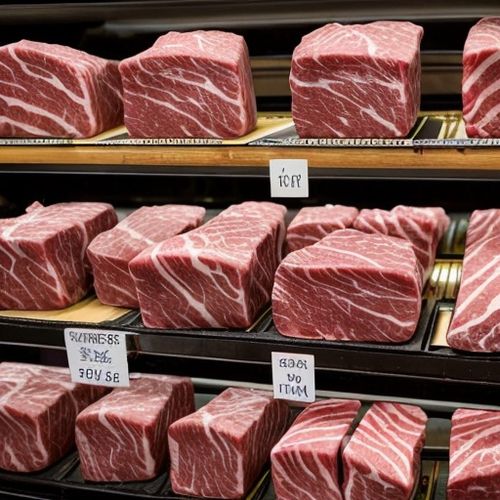
By Lily Simpson/Apr 10, 2025
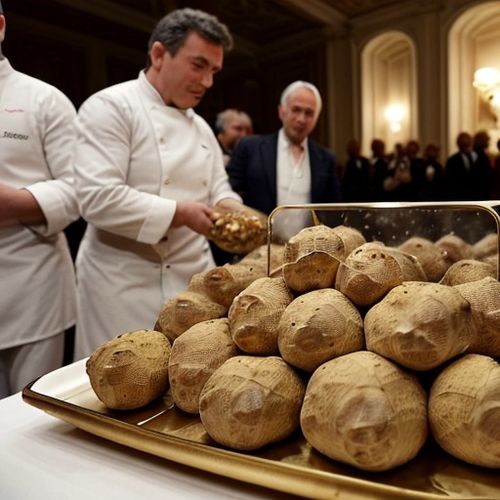
By Victoria Gonzalez/Apr 10, 2025
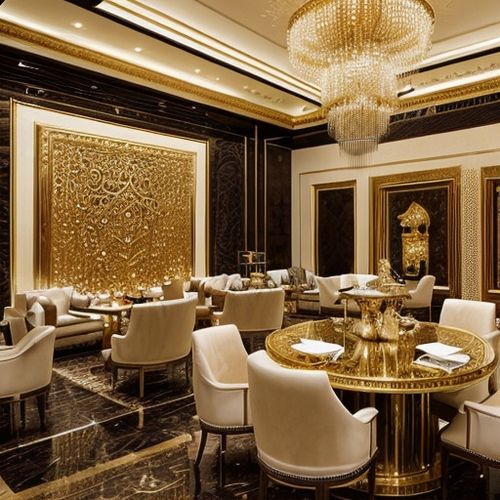
By Emily Johnson/Apr 10, 2025
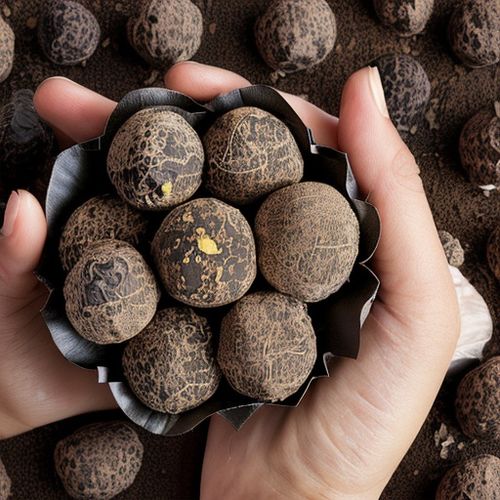
By Megan Clark/Apr 10, 2025
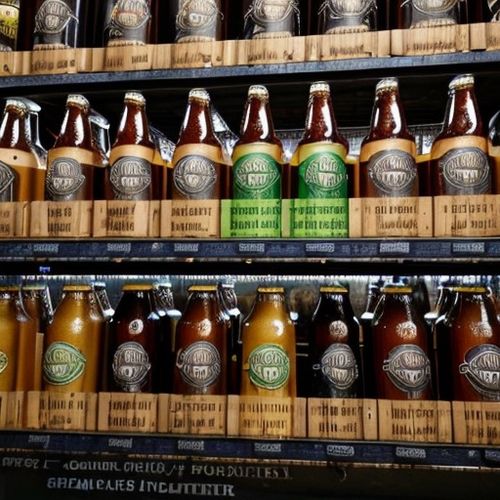
By Amanda Phillips/Apr 10, 2025
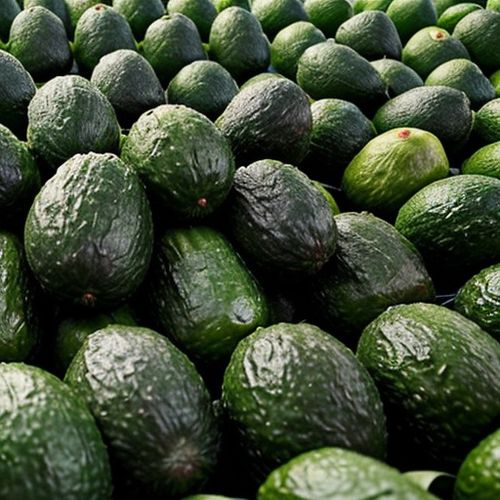
By James Moore/Apr 10, 2025
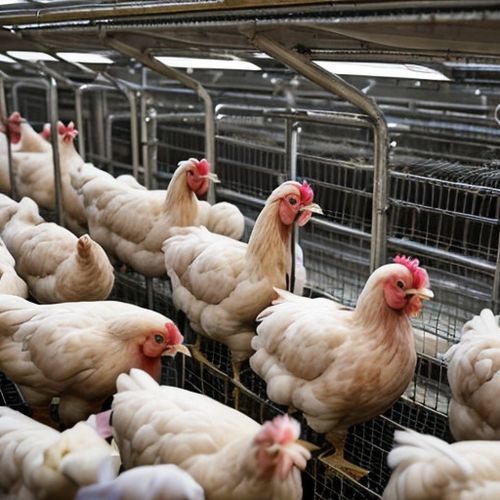
By Noah Bell/Apr 10, 2025
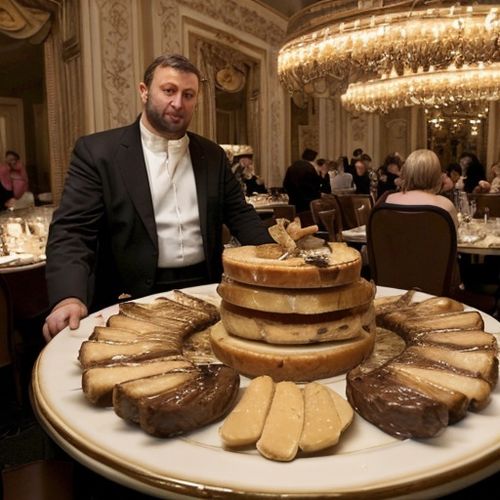
By Eric Ward/Apr 10, 2025
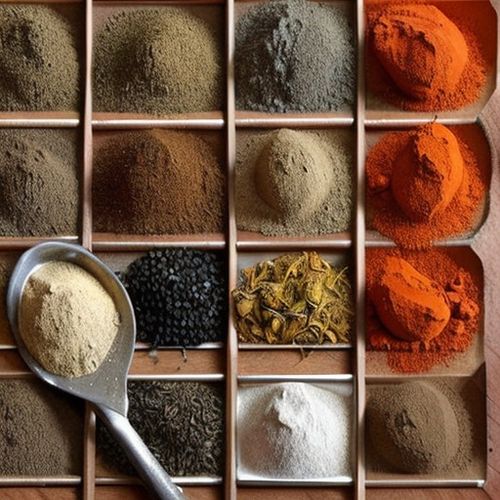
By Megan Clark/Apr 10, 2025
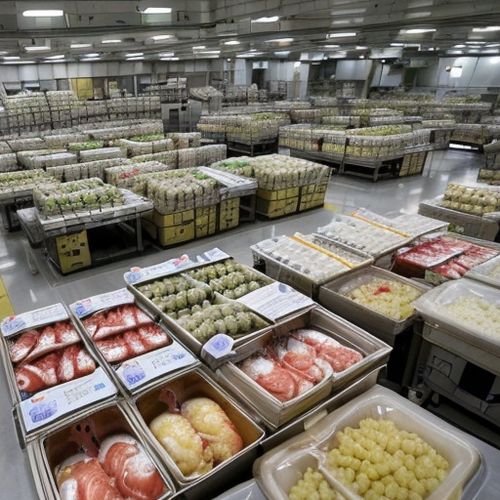
By Natalie Campbell/Apr 10, 2025
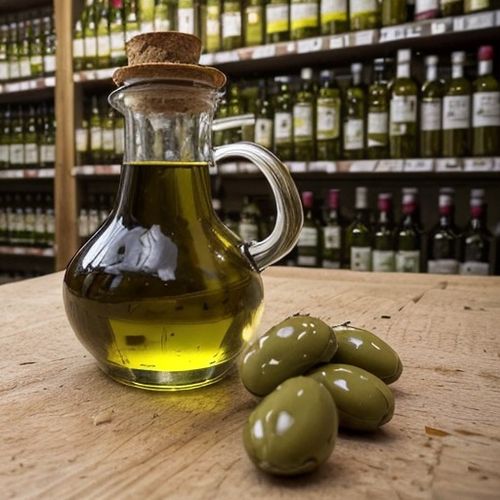
By Amanda Phillips/Apr 10, 2025
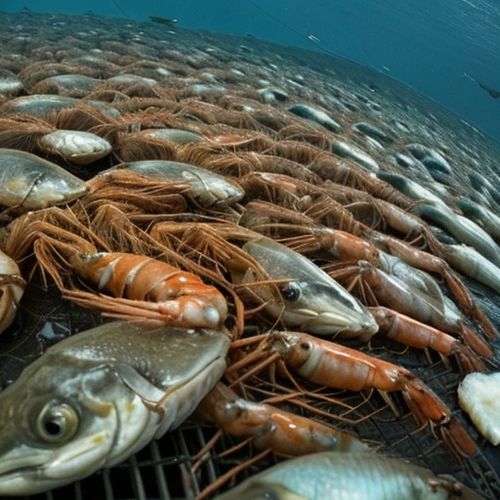
By Michael Brown/Apr 10, 2025
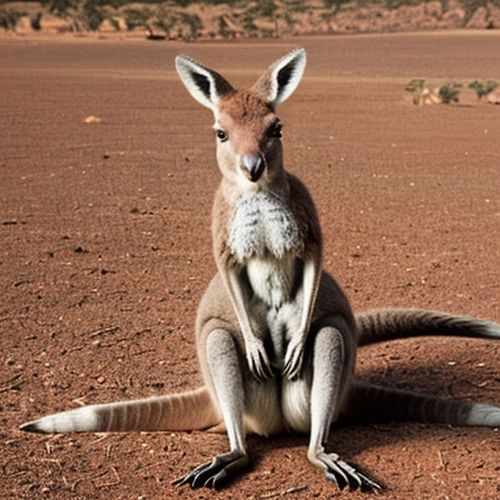
By Elizabeth Taylor/Apr 10, 2025
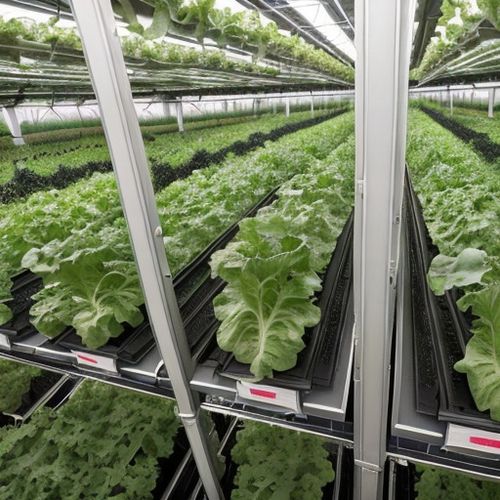
By Emma Thompson/Apr 10, 2025
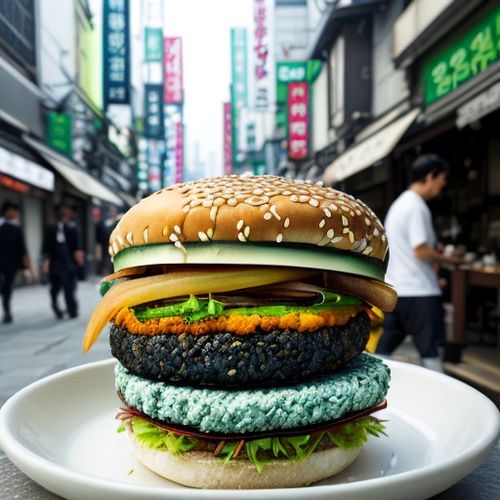
By Natalie Campbell/Apr 10, 2025
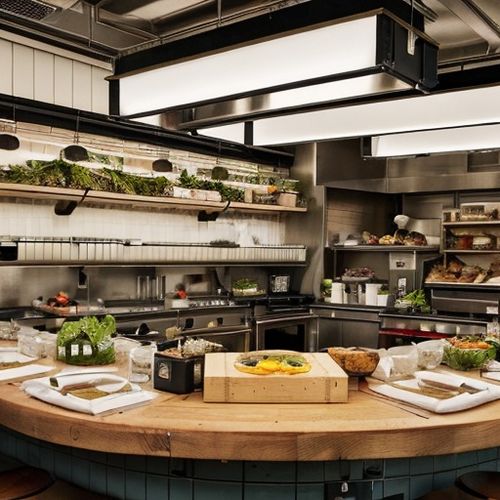
By Eric Ward/Apr 10, 2025
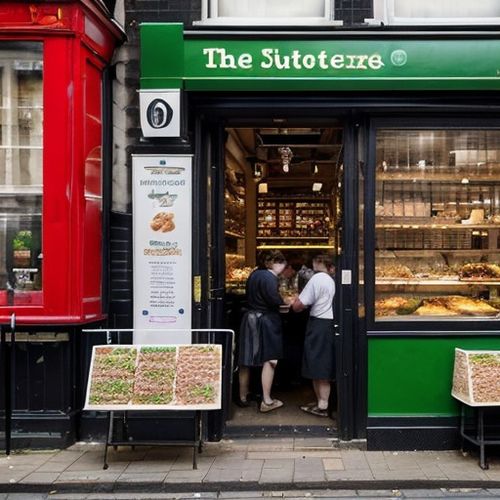
By Sophia Lewis/Apr 10, 2025